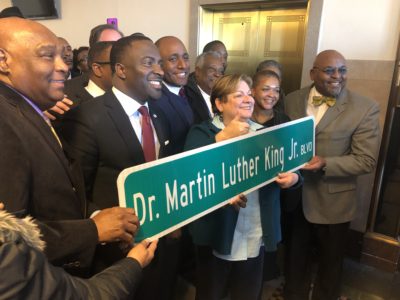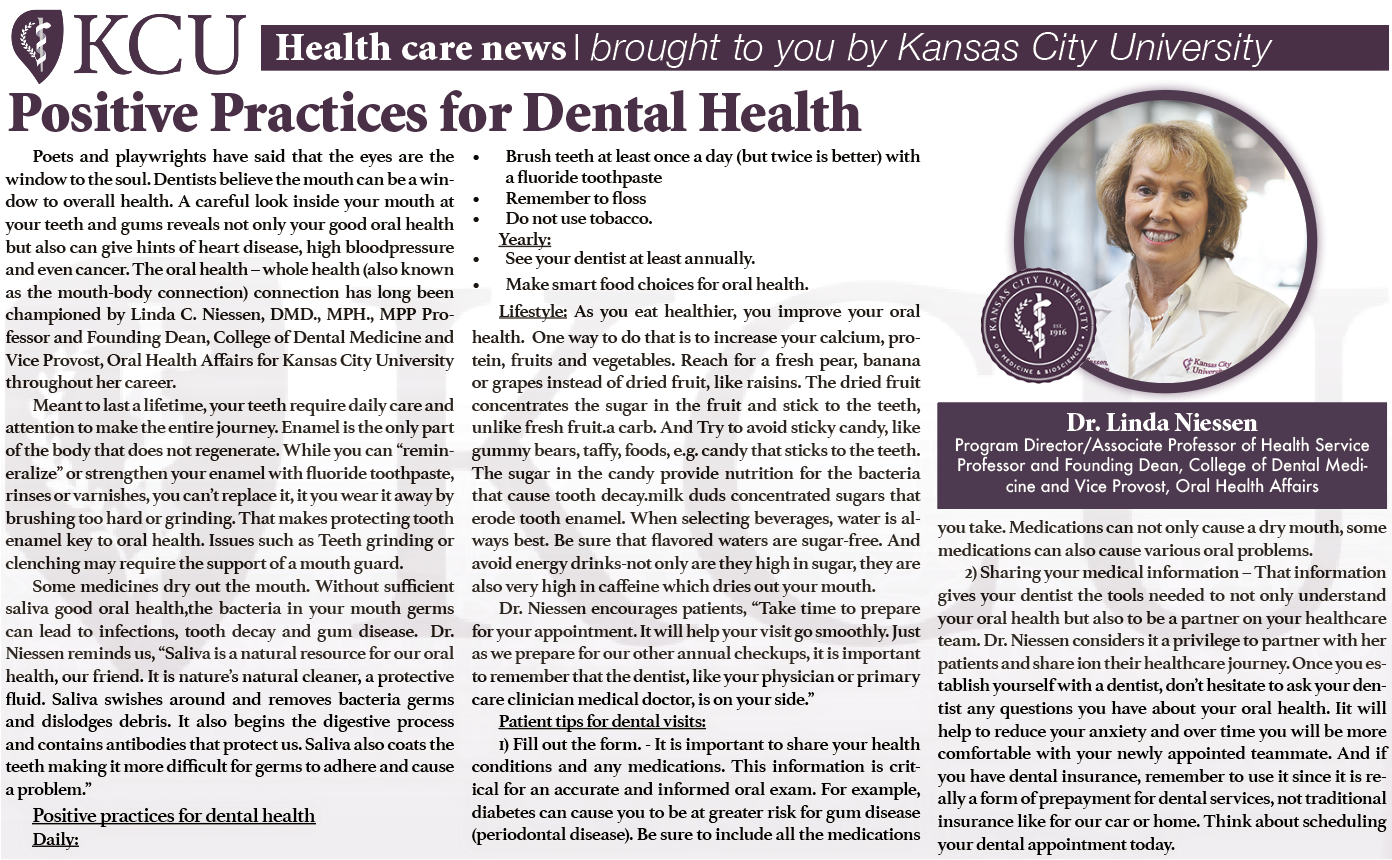
Elizabeth Orosco
Northeast News
The Kansas City Council members voted 8-4 to change the name of The Paseo to Martin Luther King Jr. Boulevard on Thursday, Jan. 24, 2019. While crowds gathered to celebrate in the lobby of City Hall immediately following the vote, hundreds of residents expressed anger and frustration at the decision.
One question seems to be ringing through the community: what can be done?
One resident, who spoke to the Northeast News via telephone, but wished to not be identified, said that as soon as legalities were taken care of, the people will have an opportunity to make their voices known.
A common point of frustration for many residents seems to be that the ordinance waived a section of the City’s Zoning and Land Development Code that required signatures of 75 percent of the property owners along Paseo agreeing to this change.
“It was done very sneakily, and very unfairly to the people of this community,” the resident said. “They are taking away the history of Kansas City.”
With an accelerated effective date, the name change is set to be implemented immediately. The cost of putting up new street signs will reduce the City’s General Fund by $60,000.
The 10-mile Boulevard runs through the heart of Kansas City, winding from Lexington Avenue and Cliff Drive in the historic Pendleton Heights neighborhood, all the way south to 85th and Woodland Avenue.
The parkway was laid out in the early 1900s by George Kessler under the direction of August Robert Meyer, first president of the Commission of Parks. The Paseo, conceived as a series of small parks, extended through a former slum area and contained intersections that featured a formal sunken garden, a pergola, and large fountains reminiscent of those in Versailles, France.
Scott Wagner, Mayor Pro Tem, and former Indian Mound resident, sat down with the Northeast News, to discuss his views on the name change and why he voted no.
He said the lack of community engagement and seemingly overwhelming opposition contributed to his vote.
“At the end of all this, you’ve got public processes that seem to suggest no one wants to make this change, or very few are interested in this change,” he said “and the advocacy comes from another place that suggests that you’ve got to do this, otherwise you are somehow demeaning the work and the name of Dr. King.”
The council chamber was full of heated discussion regarding the name change, which resulted in yelling from the public audience, and arguments among council members.
“Instead of bringing people together, this has been tremendously divisive, which I can’t believe would have been the objective of Dr. King.” Councilman Wagner said.
Some community members have hinted at the possibility of an initiative petition, which is a process provided for in the City Charter by which the voters of Kansas City can initiate a proposed ordinance for the City Council’s consideration.
The city clerk examines the initiative petition and forwards it to the appropriate election authorities to check the names to make sure all who signed are registered voters in Kansas City, Mo. If there is a sufficient number of signatures and if the petition is otherwise sufficient, the city clerk will issue a Certificate of Sufficiency, and submits the ordinance to the City Council at its next meeting.
Wagner said several residents have posed this question, and he refers them to this process.
“If you want to do something, here is what the charter says you can do,” he said. “If you do what the charter says, here is what I, and the city council, are obligated to do.”
While it is unclear if a formal petition has been filed, many residents in the community said they are looking for an opportunity to voice their opposition to the ordinance, and want to “take back” The Paseo.


















